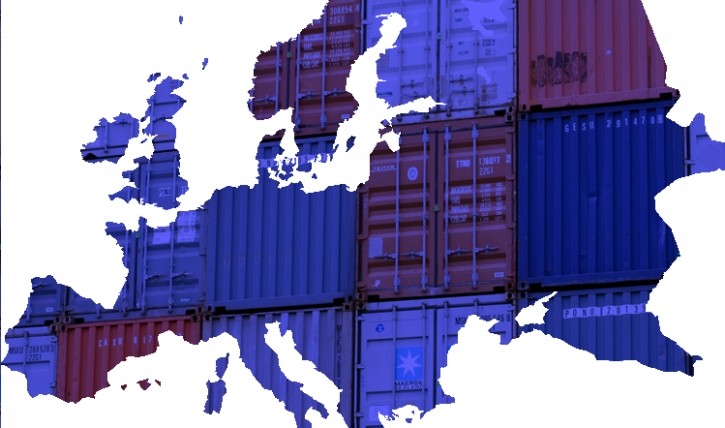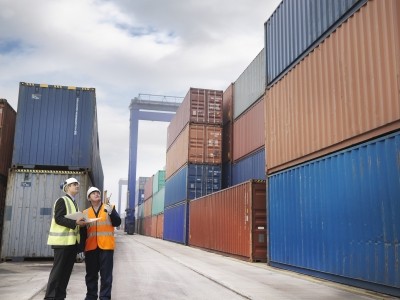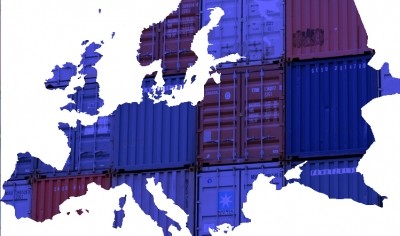News
Retained EU Law Bill risks creating trade barriers: Logistics UK

In a letter to prime minister Rishi Sunak, Wells highlighted the impact the REUL Bill would have on the UK’s supply chain and the risk of unintended consequences caused by a lack of oversight thanks to the pace at which regulatory changes could be applied.
“With at least 4,000 EU laws across around 500 policy areas affected by the REUL Bill, the impact of its implementation will be significant,” Wells explained. “Our members operate on very narrow margins, and have already absorbed significant costs as a result of the UK’s departure from the EU.
‘Ongoing uncertainty’
“Coupled with the ongoing uncertainty over what legislation will be retained, removed or improved, and how those changes will need to be implemented and when, it is clear that logistics businesses are increasingly concerned about the scale of the task ahead.”
While Wells commended the industry’s ability to adapt to significant changes in the past – notably the pandemic and the UK’s departure from the EU – he warned that adapting to new regulatory conditions will take time and money.
“The lack of clarity over what will need to change, and by when, is causing great uncertainty across our industry, a sector which is at the heart of all trading relationships both domestically and internationally,” he continued.
Delivering clear benefits
“Trade benefits from smooth border processes, simple procedures and fewer regulatory differences for logistics workers or vehicles. Any changes need to deliver clear benefits, manage the scale of change effectively and recognise the attendant costs and time required to implement and bed down new systems and processes – assuming the necessary IT solutions are available.”
Wells called for a considered, measurable approach to the process to avoid rushing through changes that might duplicate effort or disadvantage the sector – and UK consumers. Further to this, he highlighted the need for a clear timeline for the changes in order the protect the UK’s ‘highly interconnected’ supply chain and minimise unnecessary change.
“Logistics UK and its members remain committed to keeping the UK’s trading relationships open and effective, but need the assistance of government to ensure that industry has full insight of the plans being considered, and a meaningful feedback process which will enable discussion and debate,” Wells concluded. “Our priority must be to ensure goods continue to move smoothly across the UK’s borders for the benefit of consumers and business.”
Meanwhile, as the UK gears up to implement the second half of Brexit, Provision Trade Federation director general Rod Addy questions whether the Government has set over-ambitious deadlines to achieve it UK Border Target Operating Model.
















